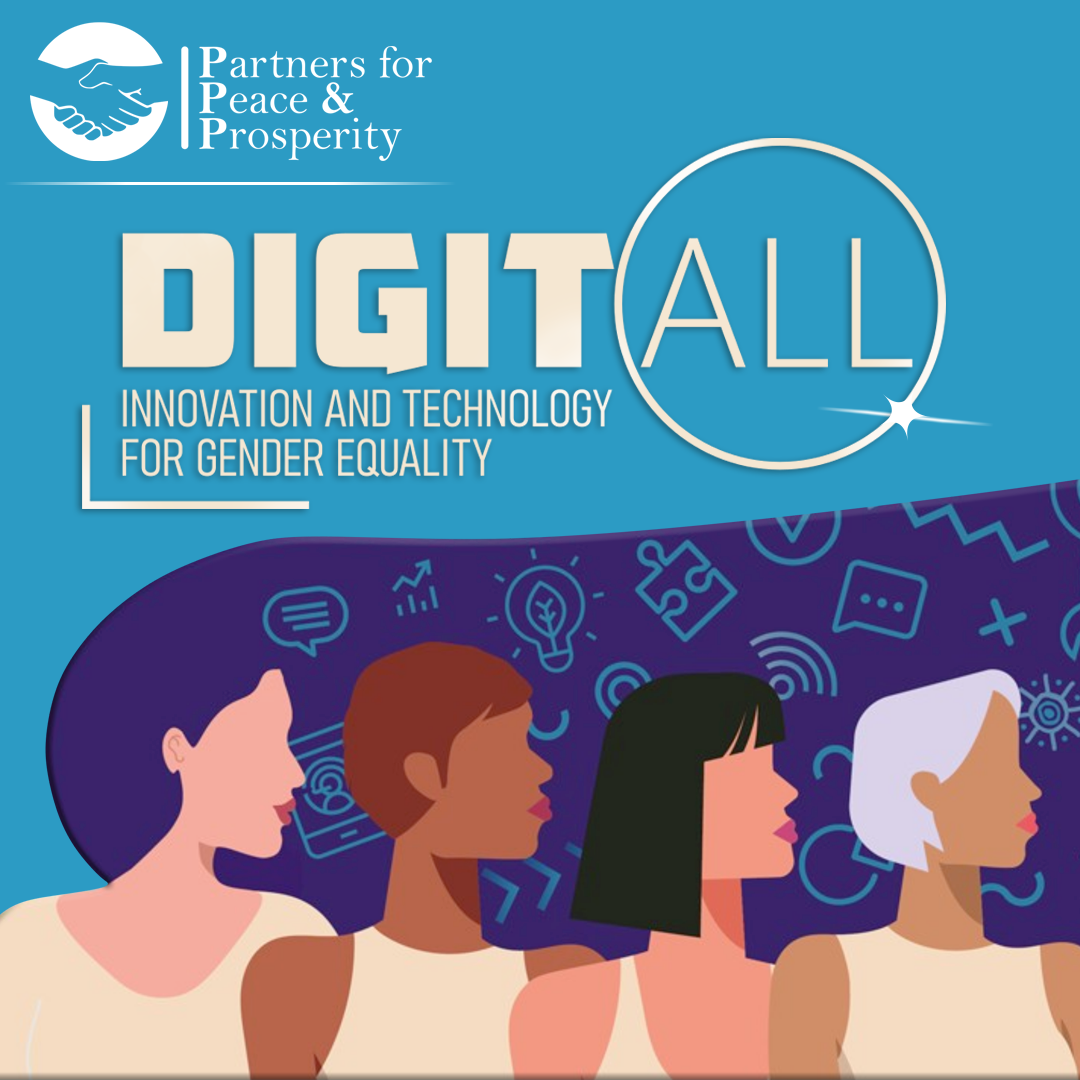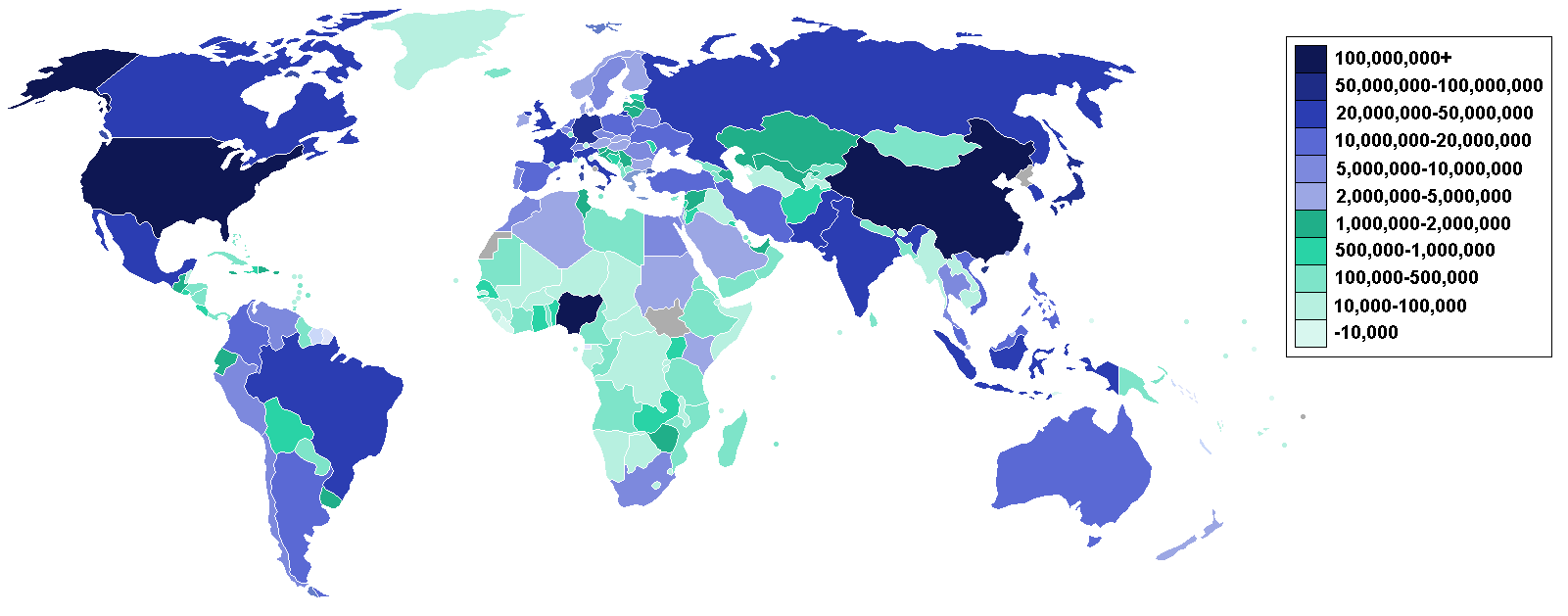8 MARCH 2023: INTERNATIONAL WOMEN’S DAY
Today, we are delighted to celebrate this year’s International Women’s Day, under the theme, “DigitALL: Innovation and technology for gender equality”, a theme that, indeed, highlights the role of innovation and technology in accelerating the achievement of gender equality and the empowerment of women and girls for development.
Globally, the increasing use of mobile phones and internet connectivity have facilitated access to economic information, opportunities and services while connecting different people from all over the world and making the global village a reality. In the last 30 years, the number of Internet users surged from a few million to almost five billion. But, still, about 2.9 billion people are still digitally excluded worldwide, usually compounded with other vulnerability factors. Of the 2.9 billion still offline, an estimated 96 per cent live in developing countries, particularly, in Least Developed Countries (LDCs). Women in LDCs are marginalized, with roughly four out of every five still offline.
Although the digital gender divide has been narrowing in all world regions and has been virtually eliminated in the developed world (89 per cent of men and 88 per cent of women online), wide gaps remain in LDCs (31 per cent of men compared to just 19 per cent of women), particularly, in Africa, where the gender divide remains particularly pronounced (35 per cent of men compared to 24 per cent of women). Additionally, even in context where the gender divide has narrowed, new threats to gender equality have been facilitated by new technologies, as cyber harassment and cyber bullying are affecting more women.
Many of these ‘digitally excluded’ people face important development challenges, including, poverty, illiteracy, limited access to electricity, and lack of digital skills and awareness. Therefore, digital solutions would be needed to re-energize sustainable development and help put countries back on track to meet the UN Sustainable Development Goals (SDGs) for 2030, in a context where new solutions are emerging in that realm to address critical issues, fostering financial inclusion (mobile money), promoting accessible health services (cardiopad), using Artificial intelligence in our daily activities (ChatGPT), or promoting menstrual health (Babylon). These show the extent to which digitally-enabled solutions can bridge gaps in achieving gender equality in all sectors, truly leaving no one behind.
Building inclusive innovation and technology ecosystems must be at the heart of efforts to leverage the potential of innovation and technology to support the economic, social, and political development of women and girls in Africa. Together, we can create an inclusive tomorrow, both online and offline.
HAPPY INTERNATIONAL WOMEN’S DAY


